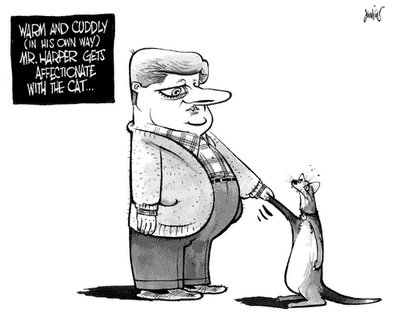House of Anansi Press has re-released their excellent CBC Massey Lectures Series. These are expansive, thought-provoking works which aim to push our understanding of society and the individual in the late-20th (now early-21st) century. The series includes works from many different points of view: A Short History of Progress by Richard Wright, The Unconscious Civilization by John Ralston Saul, and Beyond Fate by Margaret Visser are only a fragment of this extremely revealing and influential volume.
Prisons We Choose To Live Inside, a collection of five lectures author/novelist Doris Lessing gave in Canada in 1986, is a fine introduction to this astutely-observed collection. Clocking in at a mere 76 pages, Lessing lays down a sobering, eye-opening conception of the place of the individual in modern-day society. Her points are clear: history (the study of which she advocates with Cassandra-like insistence) clearly warns us against the perils of becoming embroiled in “mass emotion” and the inherent fascism of group-think. Repeatedly, she advocates the need for cool, objective distance from events and society – even at the peril of seeming an elitist.
With succinct skill and a preference to reference personal experience over statistics, she lays down her points consistently throughout:
I think when people look back at our time, they will be amazed at one thing more than any other. It is this – that we do know more about ourselves now than people did in the past. But that very little of it has been put into effect.
She makes it clear that there is little excuse, living in an age where social sciences (psychology, sociology, social behaviourism) have flourished, for society to not be equipped with an understanding of the basic underpinnings of society and human behaviour. Yet we don’t; the information never trickles down from academia in a way that can be instilled easily in our public schools, perhaps because the message is largely: group-thinking and mass emotions are our undoing – at risk of ostracism, it’s best that you question everything.
One of the many examples she lists is how Stalin, at the time when the Nazis invaded the Soviet Union, was referred to in Allied propaganda as ‘Uncle Joe’ and how the Russians’ defiant struggle was our struggle…only to turn on a dime after the fall of Hitler and turn against ‘Uncle Joe’, decrying every aspect of the Soviet Union not only as backward – but evil. This last word is very important within the context of Lessing’s lectures because historically it tends to come up every time a group wishes to strengthen their moral stance – and eliminate dissent. It isn’t enough to politely disagree – you must denigrate and vilify. Lessing speculates the reason behind this lies with our animal instincts: the instinct to separate into good/bad, black/white etc..
One of her more chilling statements, which she uses when talking about her childhood in war-torn Southern Rhodesia (now Zimbabwe), is that we have to accept that there are people in all parts of the world – in every society – who quite simply enjoy barbarism. They enjoy it, and, when society is on the verge of a conflict, these same people will move to the forefront to push things towards violence.
Again, sobering – and pertinent – stuff. Lessing’s tone is unapologetic, yet she does pepper her lectures with humour (albeit darkly at times). One thing to be aware of is that the original lecture was given in 1986; her examples refer to the British mining strike of ’84, the Falklands War, and then-Communist Russia. Obviously, for those not born early enough to remember these conflicts, it may be good to have Wikipedia nearby for a little context. However, her analogies and references are universal and certainly applicable to the debacles we face today. Her speculations are haunting in their honesty and relevance, and I am reminded of someone’s reference to John Ralston Saul’s Voltaire’s Bastards as “a hand grenade disguised as a book”.
Quite true, and we are all the better for reading books such as these.
Prisons We Choose To Live Inside is available for sale at a fine independent bookstore near you, as well as…Powell’s, Amazon, Chapters.
Published by House of Anansi Press (ISBN: 0-88784-5215)




